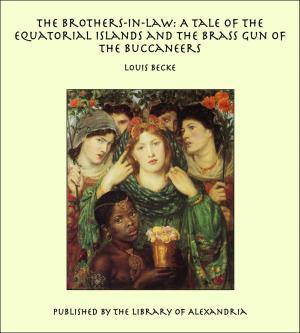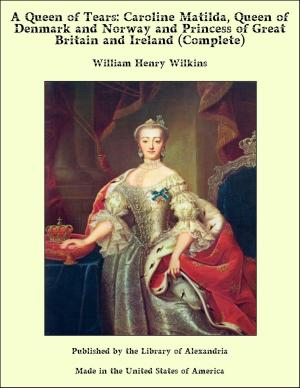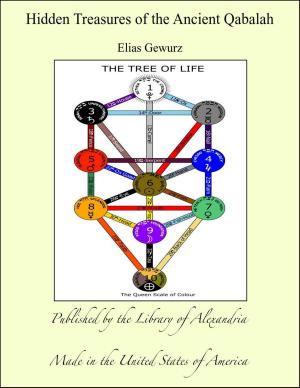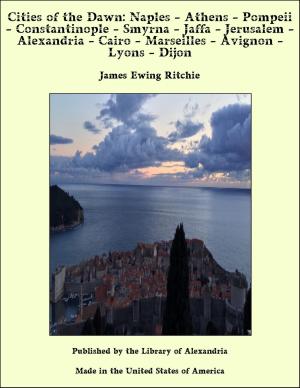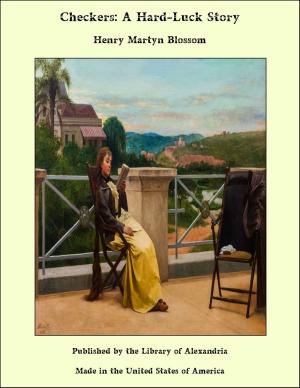| Author: | Father Jerome Lobo | ISBN: | 9781465539748 |
| Publisher: | Library of Alexandria | Publication: | March 8, 2015 |
| Imprint: | Language: | English |
| Author: | Father Jerome Lobo |
| ISBN: | 9781465539748 |
| Publisher: | Library of Alexandria |
| Publication: | March 8, 2015 |
| Imprint: | |
| Language: | English |
Editor of the 1887 edition Jeronimo Lobo was born in Lisbon in the year 1593. He entered the Order of the Jesuits at the age of sixteen. After passing through the studies by which Jesuits were trained for missionary work, which included special attention to the arts of speaking and writing, Father Lobo was sent as a missionary to India at the age of twentyeight, in the year 1621. He reached Goa, as his book tells, in 1622, and was in 1624, at the age of thirty-one, told off as one of the missionaries to be employed in the conversion of the Abyssinians. They were to be converted, from a form of Christianity peculiar to themselves, to orthodox Catholicism. The Abyssinian Emperor Segued was protector of the enterprise, of which we have here the story told. Father Lobo was nine years in Abyssinia, from the age of thirty-one to the age of forty, and this was the adventurous time of his life. The death of the Emperor Segued put an end to the protection that had given the devoted missionaries, in the midst of dangers, a precarious hold upon their work. When he and his comrades fell into the hands of the Turks at Massowah, his vigour of body and mind, his readiness of resource, and his fidelity, marked him out as the one to be sent to the headquarters in India to secure the payment of a ransom for his companions. He obtained the ransom, and desired also to obtain from the Portuguese Viceroy in India armed force to maintain the missionaries in the position they had so far won. But the Civil power was deaf to his pleading. He removed the appeal to Lisbon, and after narrowly escaping on the way from a shipwreck, and after having been captured by pirates, he reached Lisbon, and sought still to obtain means of overawing the force hostile to the work of the Jesuits in Abyssinia. The Princess Margaret gave friendly hearing, but sent him on to persuade, if he could, the King of Spain; and failing at Madrid, he went to Rome and tried the Pope. He was chosen to go to the Pope, said the Patriarch Alfonso Mendez, because, of all the brethren at Goa, the ‘Pater Hieronymus Lupus
Editor of the 1887 edition Jeronimo Lobo was born in Lisbon in the year 1593. He entered the Order of the Jesuits at the age of sixteen. After passing through the studies by which Jesuits were trained for missionary work, which included special attention to the arts of speaking and writing, Father Lobo was sent as a missionary to India at the age of twentyeight, in the year 1621. He reached Goa, as his book tells, in 1622, and was in 1624, at the age of thirty-one, told off as one of the missionaries to be employed in the conversion of the Abyssinians. They were to be converted, from a form of Christianity peculiar to themselves, to orthodox Catholicism. The Abyssinian Emperor Segued was protector of the enterprise, of which we have here the story told. Father Lobo was nine years in Abyssinia, from the age of thirty-one to the age of forty, and this was the adventurous time of his life. The death of the Emperor Segued put an end to the protection that had given the devoted missionaries, in the midst of dangers, a precarious hold upon their work. When he and his comrades fell into the hands of the Turks at Massowah, his vigour of body and mind, his readiness of resource, and his fidelity, marked him out as the one to be sent to the headquarters in India to secure the payment of a ransom for his companions. He obtained the ransom, and desired also to obtain from the Portuguese Viceroy in India armed force to maintain the missionaries in the position they had so far won. But the Civil power was deaf to his pleading. He removed the appeal to Lisbon, and after narrowly escaping on the way from a shipwreck, and after having been captured by pirates, he reached Lisbon, and sought still to obtain means of overawing the force hostile to the work of the Jesuits in Abyssinia. The Princess Margaret gave friendly hearing, but sent him on to persuade, if he could, the King of Spain; and failing at Madrid, he went to Rome and tried the Pope. He was chosen to go to the Pope, said the Patriarch Alfonso Mendez, because, of all the brethren at Goa, the ‘Pater Hieronymus Lupus

